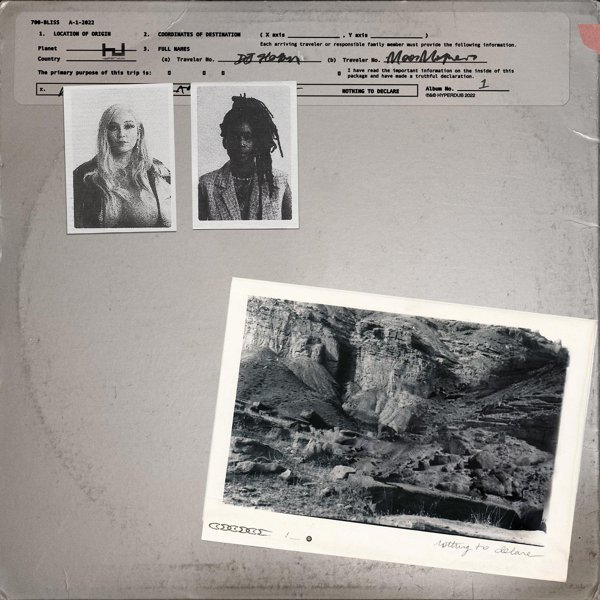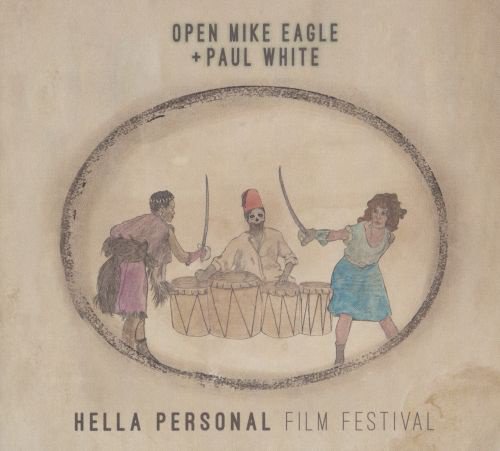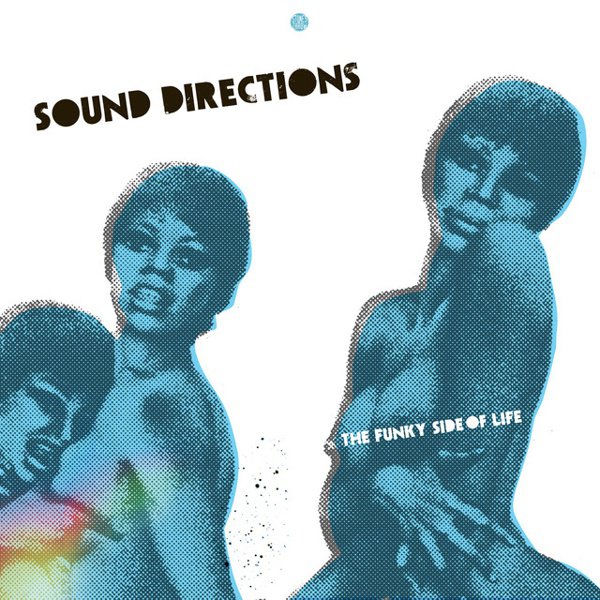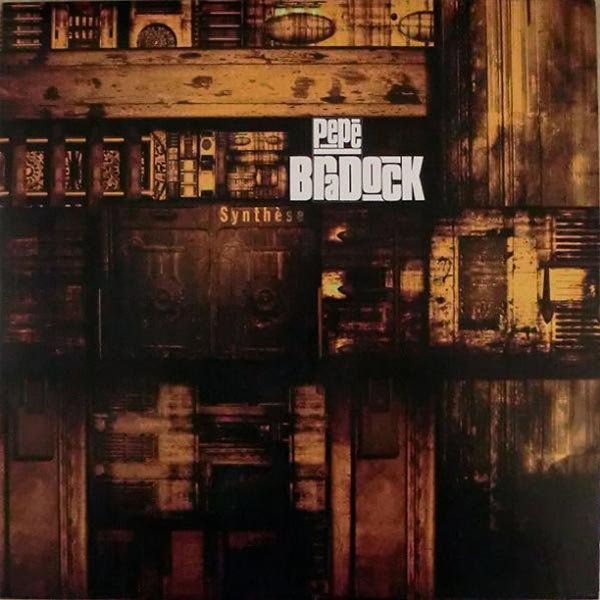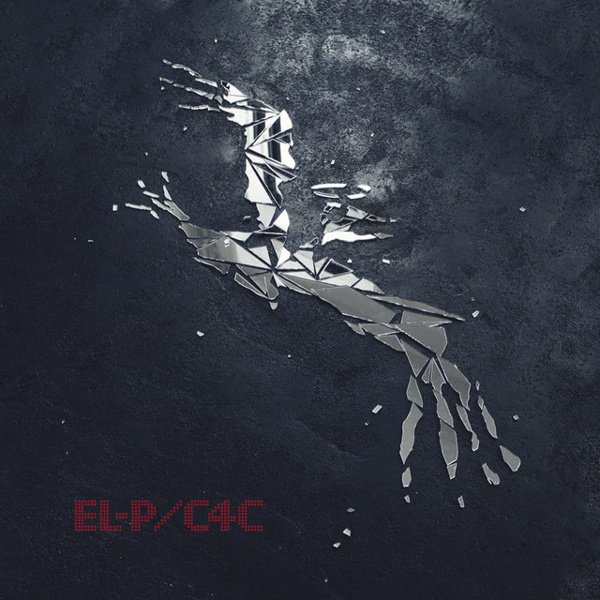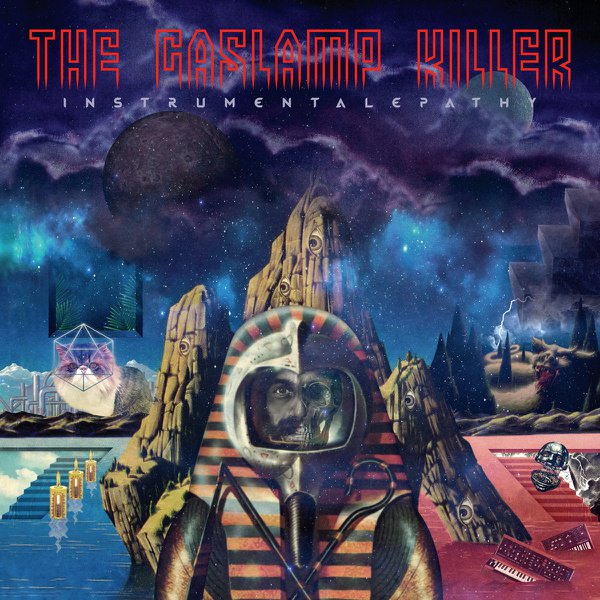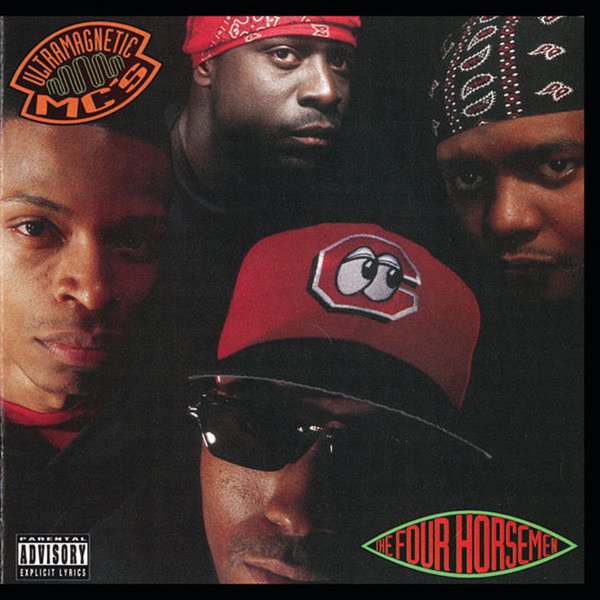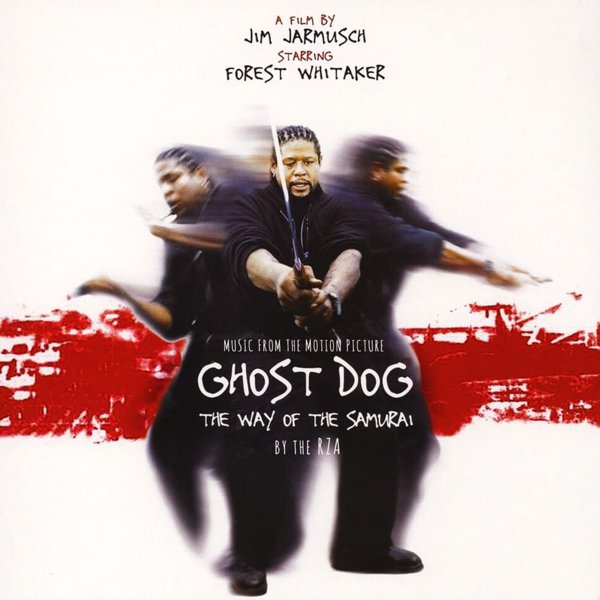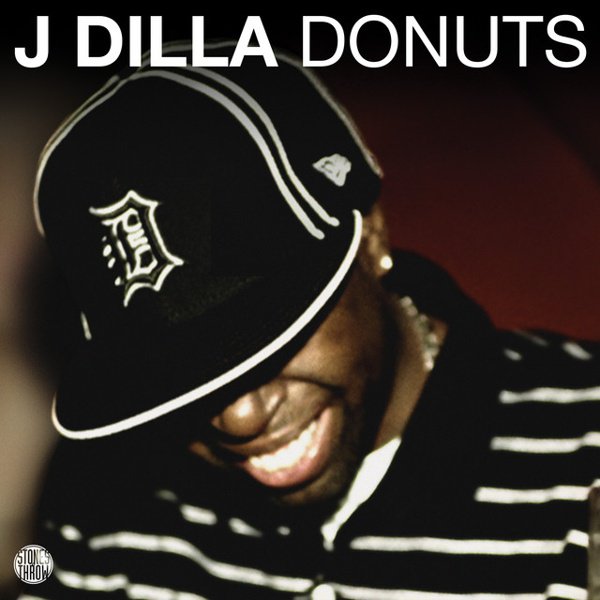The Aux
Tony Simon shouldn’t have anything to prove at this point: he’s handled the beats for some of Aesop Rock’s greatest works from 2000’s Float to 2021’s Garbology, his connections have run deep across the board in 25-plus years of underground hip-hop, and his own instrumental releases comprise one of the most consistently strange-yet-moving bodies of work in the field. But there’s a difference betwen having nothing left to prove and being a consistent presence long enough that he might get taken for granted — and The Aux sounds like the kind of album purpose-built to thoroughly discredit that tendency. Just on the basis of the rappers he brings on here, The Aux is an absolute beast of an indie-rap who’s-who. The skygazing jazz swoon of opener “AAU Tournaments” reinforces that billy woods’s sardonic perceptiveness (“everything you need to know about America is inside any 99 cent store”) clicks well with Navy Blue’s hard-earned confidence (“Off of Noah’s Ark like, who prepared?/I often bare a smile that the Buddha wear”). Aesop Rock sounds right at home flinging panic-stricken assonance over the loping, flute-and-baritone-sax cartoon funk of “Mississippi,” and finds a legendary counterpart in sharp-tongued Juggaknots vet Breeze Brewin on the gloomy-yet-determined “Ponzu Sauce.” The doomy stoner-prog trudge of “Mastering How to Land” brings out the darker edge of The Koreatown Oddity and Open Mike Eagle’s war-on-the-bullshit humor. Hell, even RXKNephew’s stream-of-consciousness relentless-punchline mania is given a certain mellow grace with the gauzy space-trap of “Pink Lemonade” backing him up. (To say nothing of woods/Bruiser Wolf/Danny Brown/Despot closer “Now That’s What I Call a Posse Cut Vol. 56” — which would be a beast even if Blockhead hadn’t built a beat that goes toe-to-toe with Alchemist’s sunbaked yacht-art-rock best.) But even if he’d lost all his contacts and went it alone, Blockhead’s sonic worldbuilding on The Aux would carry it pretty damn far. He’s mastered the balance of tongue-in-cheek frivolity and dead-serious weight that underpins the best underground hip-hop, where the beats themselves play out along the margins between taut bitterness and sharp wit (Quelle Chris feature “The Cella Dwellas Knew”), bright confidence and sour downheartedness (Breeze/Casual teamup “Hater Porn”), or spiritual uplift and earthbound frustration (AKAI SOLO showcase “GOD IS BUSY”) that the MCs rise up to.


